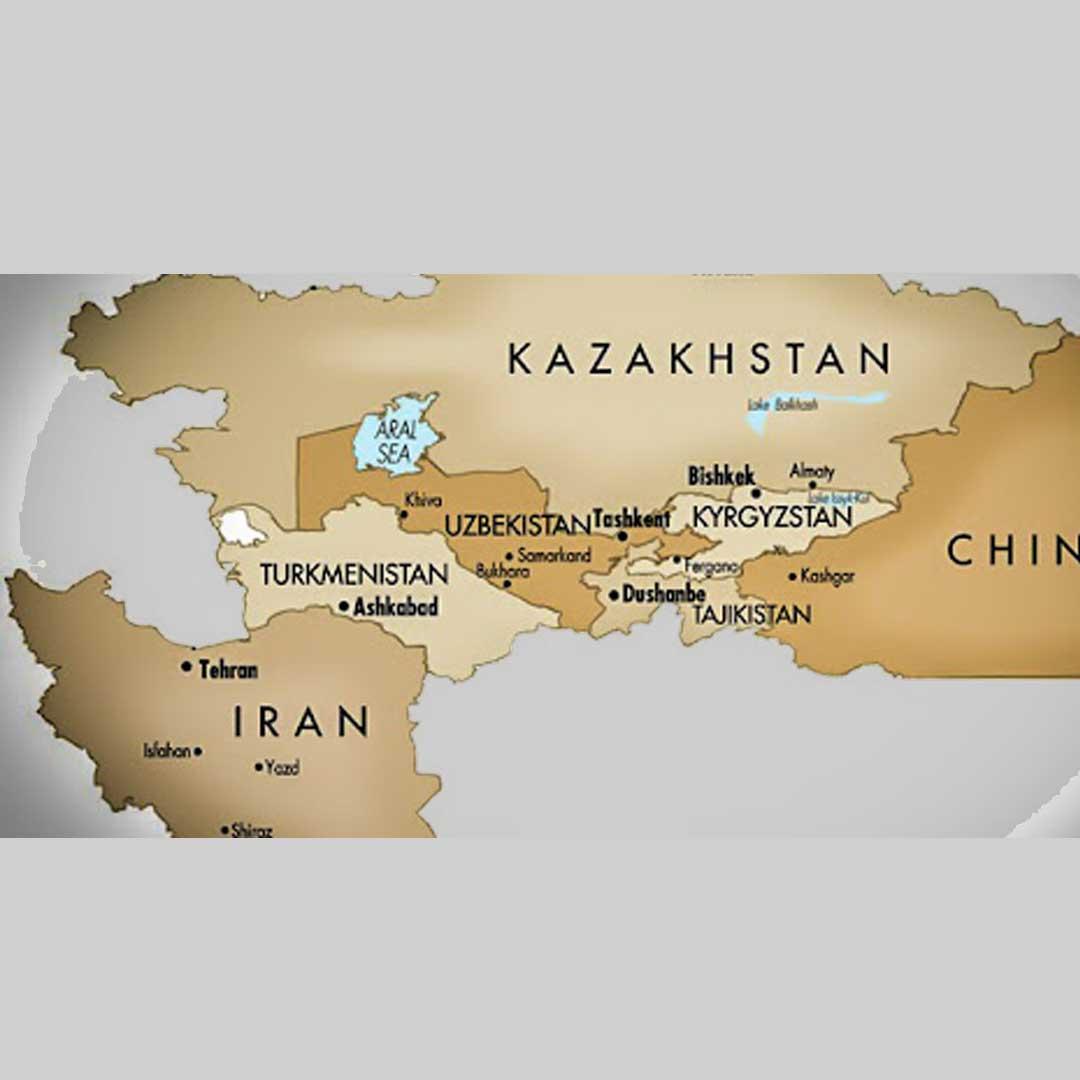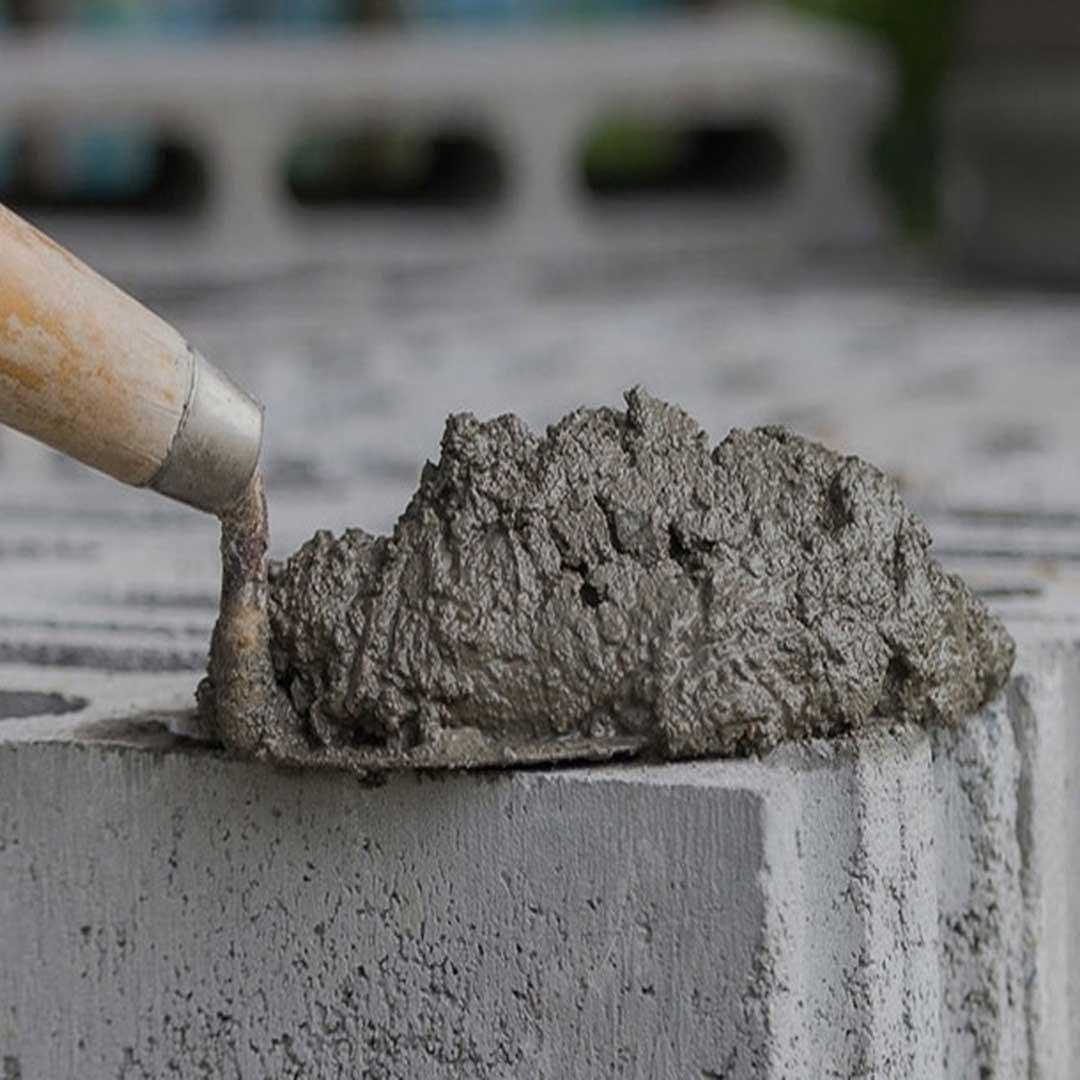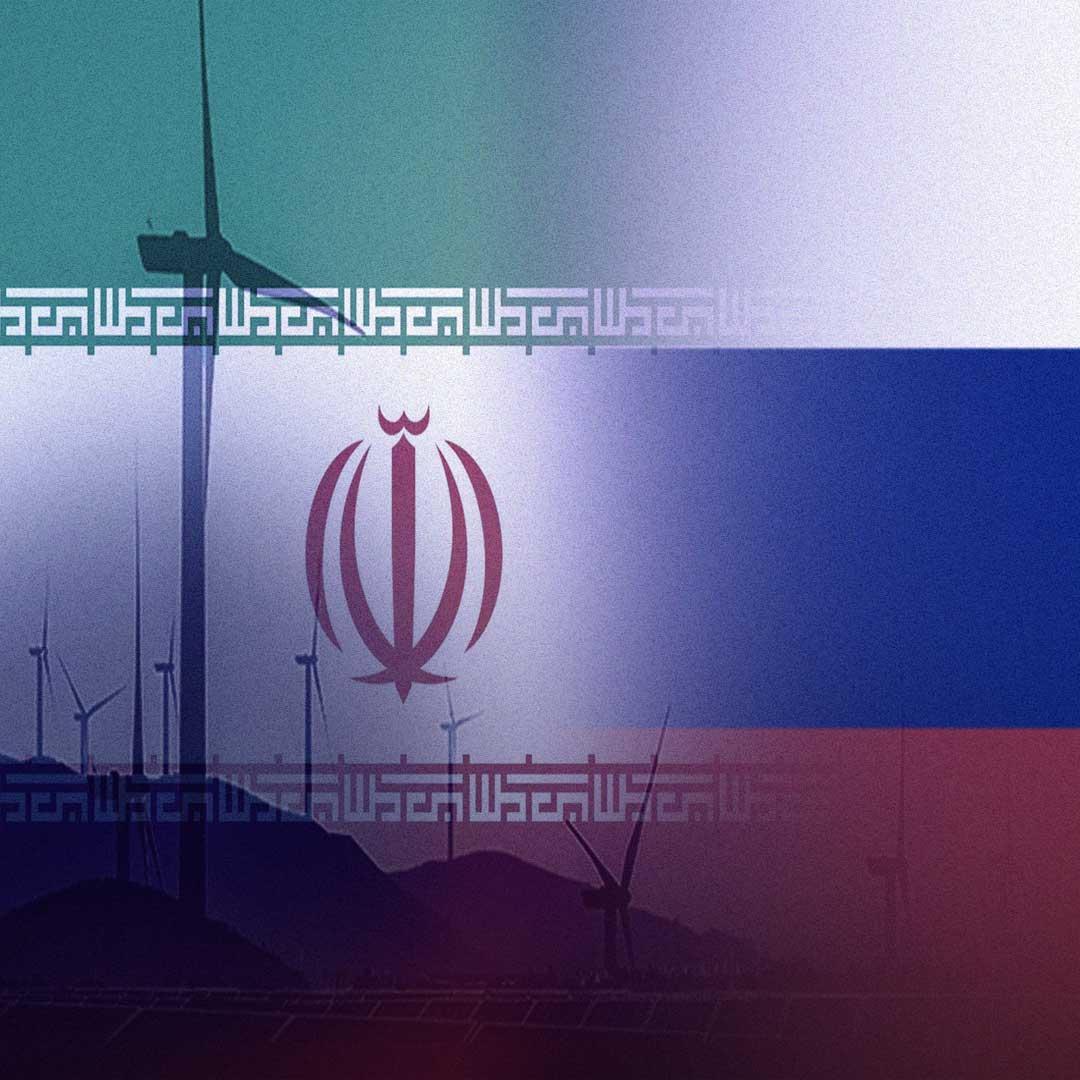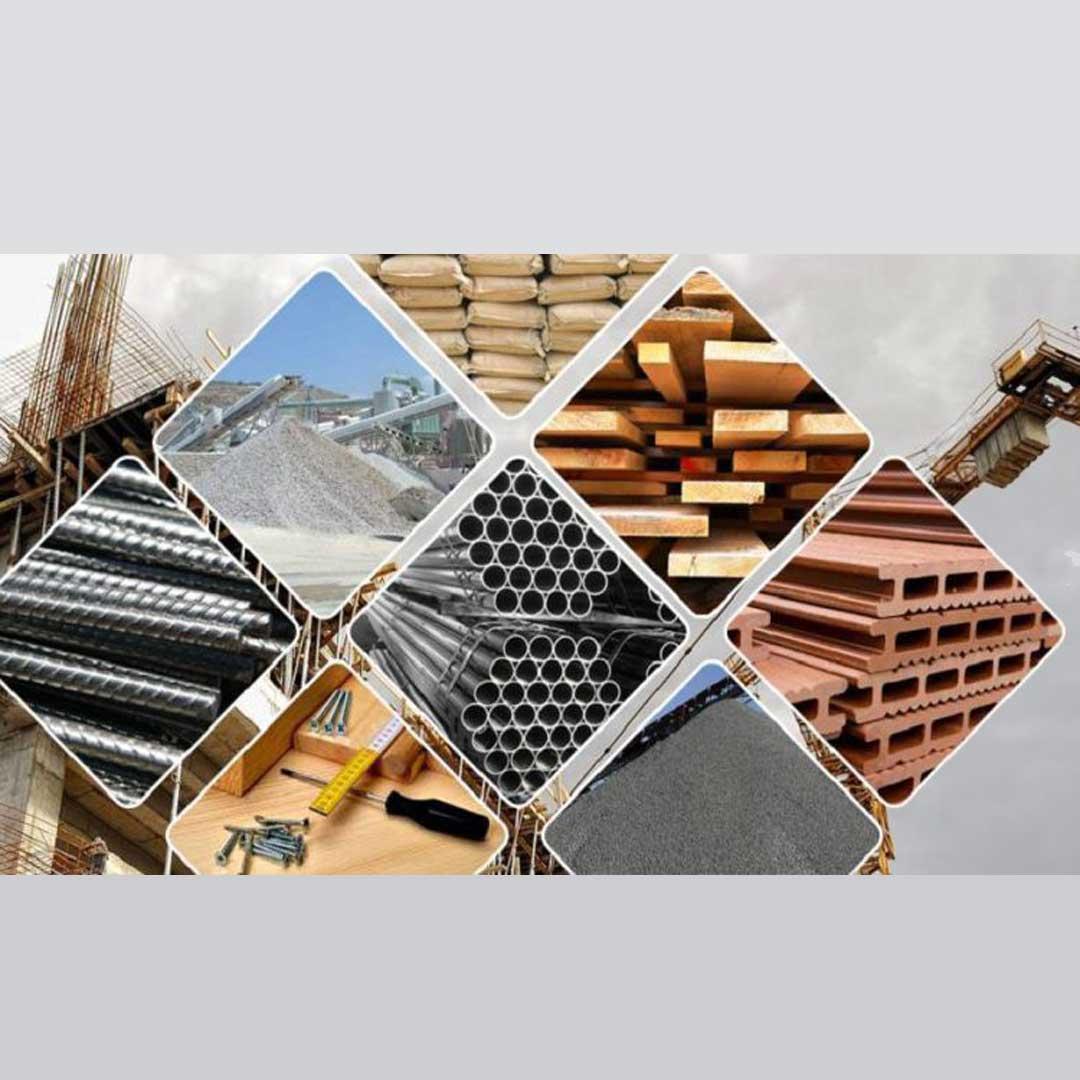Iran, a major Middle East producer of steel, cement, tiles, ceramics, and natural stones, exports to Central Asia. The A...
Iranian Natural Stones Export: Key Markets, Production Insights, and Global Opportunities
Export of Iranian Natural Stones: Capacities, Markets, and Opportunities
Iran, with its rich natural resources and extensive mining infrastructure, is one of the largest producers of natural stones in the world. Due to the high quality of its travertine, marble, granite, onyx, and ceramic tiles, Iran has emerged as a key player in the global natural stone export market. This article explores the production capacity, export markets, opportunities, and challenges faced by Iran's natural stone industry. Additionally, it discusses why the Global Abrishamroad platform is the best option for accessing these valuable resources.
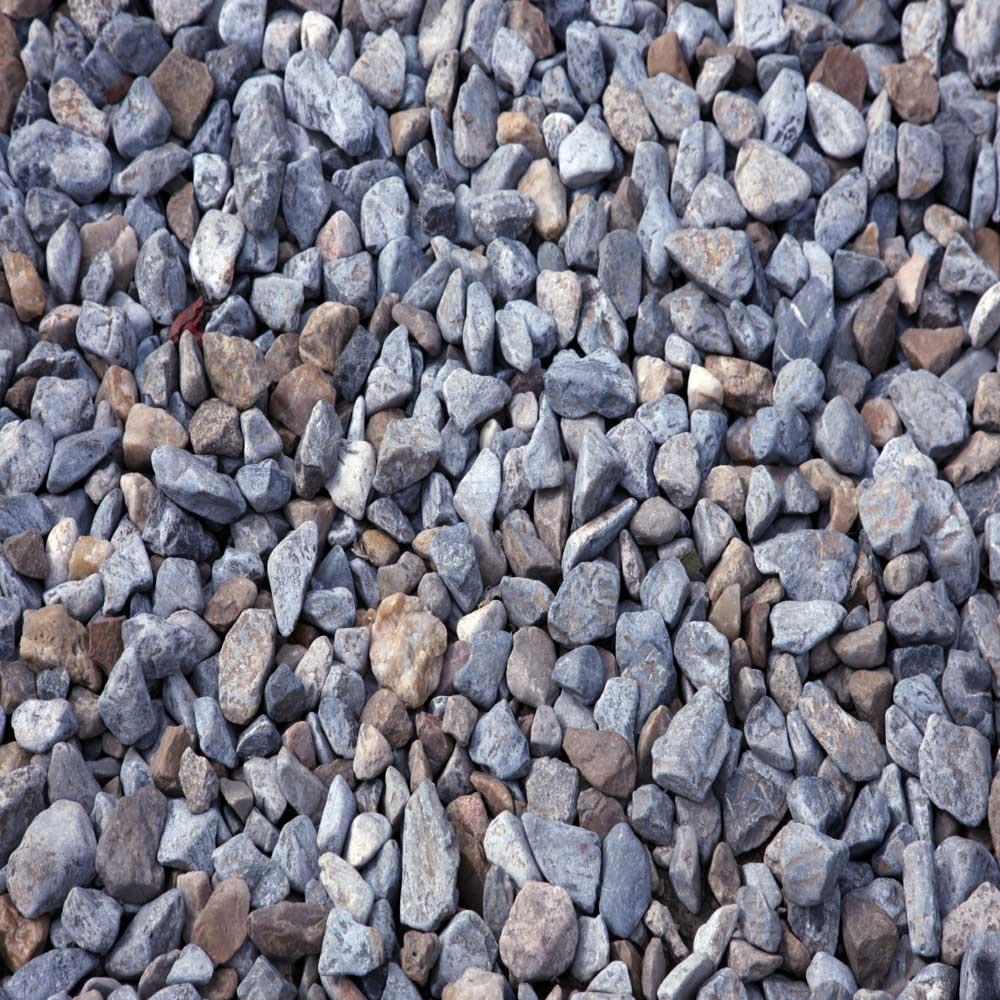
Production Capacity of Iranian Natural Stones
Iran’s natural stone industry is a cornerstone of its economy, contributing significantly to both domestic and international markets. Iran is one of the world’s top producers of stone, including travertine, marble, granite, and other stones used in construction and decorative projects. With more than 50 types of natural stones mined across its diverse regions, the country is strategically positioned to meet the growing demand for high-quality stones globally.
1. Travertine
Travertine is one of the most well-known natural stones produced in Iran. The country is a global leader in the production and export of this stone, known for its exceptional beauty, variety of colors, and unique texture. The major sources of Iranian travertine include the regions of Maragheh, Isfahan, and Kerman, where large-scale mining operations produce millions of tons annually. Iranian travertine is prized for its variety of finishes, including polished, honed, and tumbled, which makes it suitable for a wide range of applications, from flooring to facades in both residential and commercial buildings.
Iran’s annual production of travertine exceeds 3 million tons, a significant portion of which is exported to international markets, including the Middle East, Asia, Europe, and North America. The high quality, competitive pricing, and availability of large quantities of travertine make it an attractive option for global buyers.
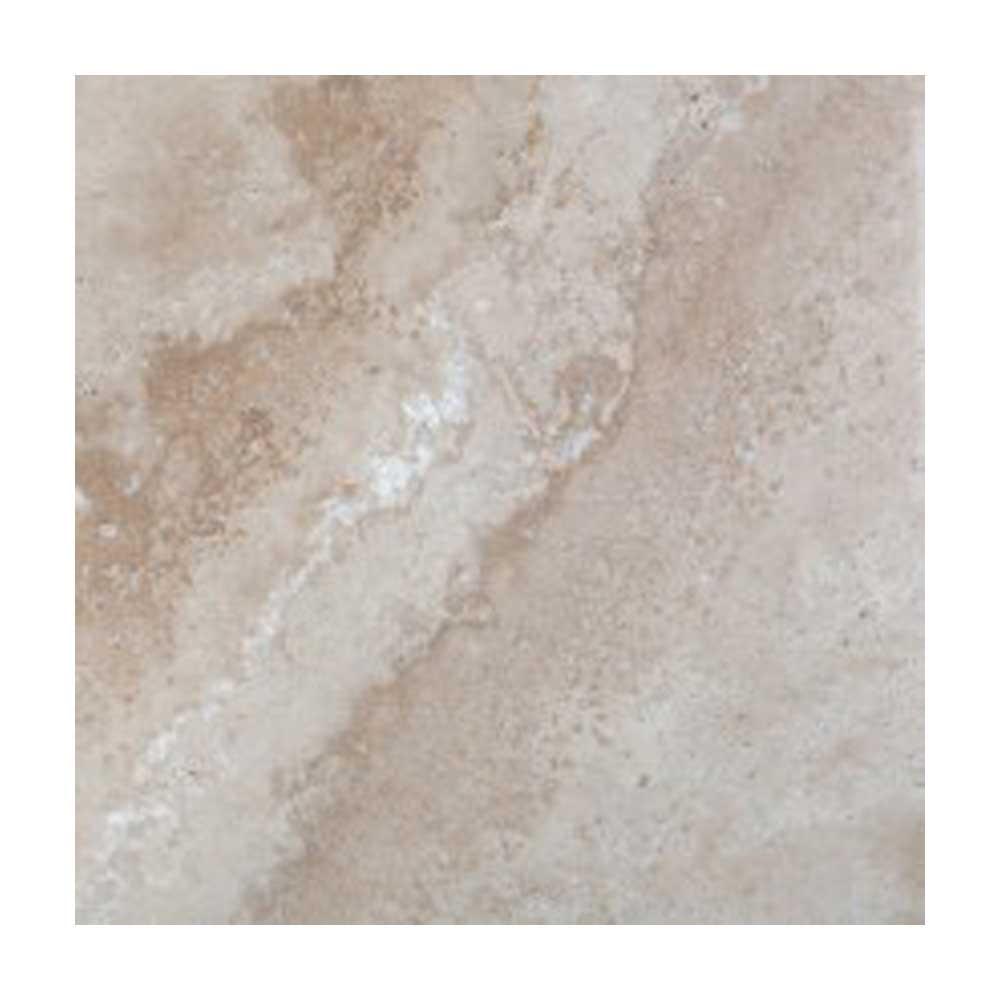
2. Marble and Onyx
Iran also produces a range of luxurious marbles and onyx stones, known for their translucent qualities, veining, and stunning color combinations. These stones are widely used in high-end construction and decorative applications, such as in the flooring of luxury homes, hotels, and commercial buildings. Iran’s marble and onyx production is estimated at around 1 million tons annually.
The most notable varieties of Iranian marble include the well-known cream, beige, and brown types, which are popular in both domestic and international markets. Onyx, another prized stone, is often used for creating unique, visually striking surfaces that are in high demand in luxury design projects.
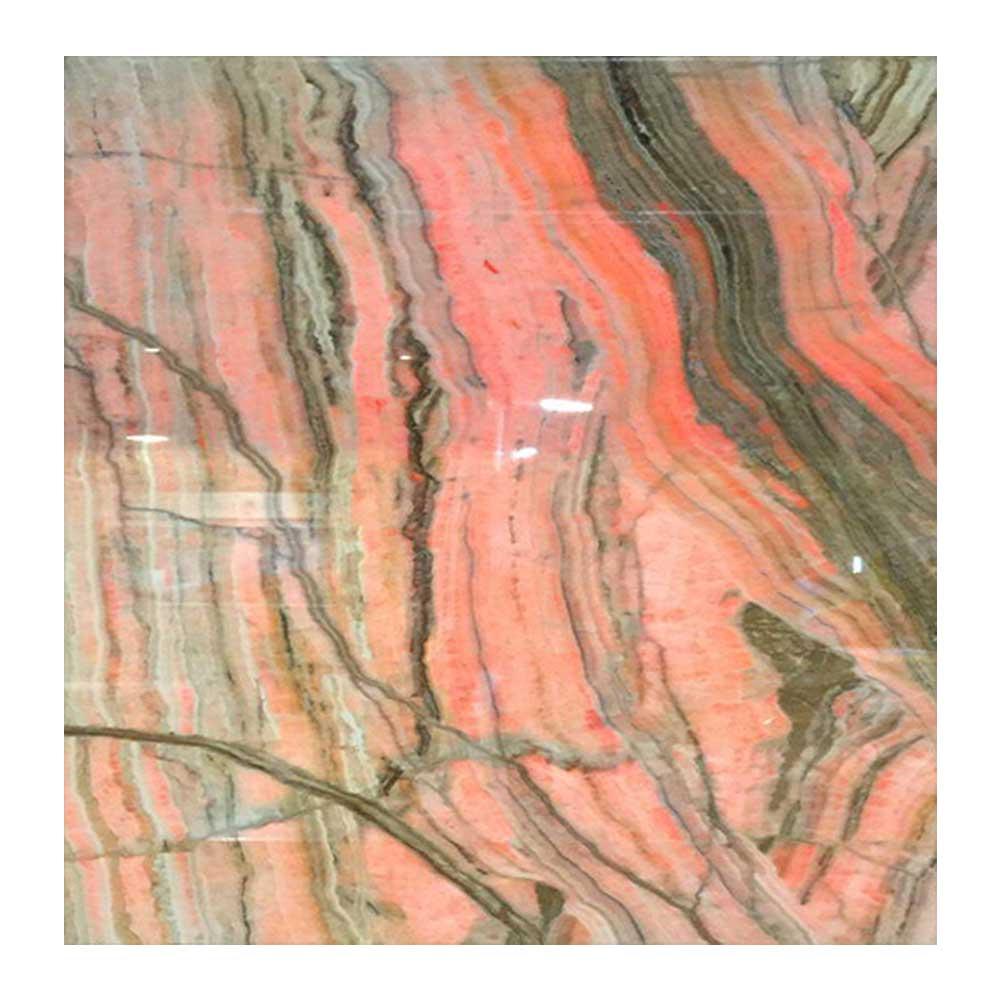
3. Granite
Granite is another important stone produced in Iran. Known for its durability and versatility, Iranian granite is used for a wide range of applications, including countertops, flooring, and monuments. Granite is one of the most sought-after stones in the global market due to its strength and resistance to wear and tear. Iran produces more than 2 million tons of granite each year, and it is gaining increasing popularity in construction projects around the world.
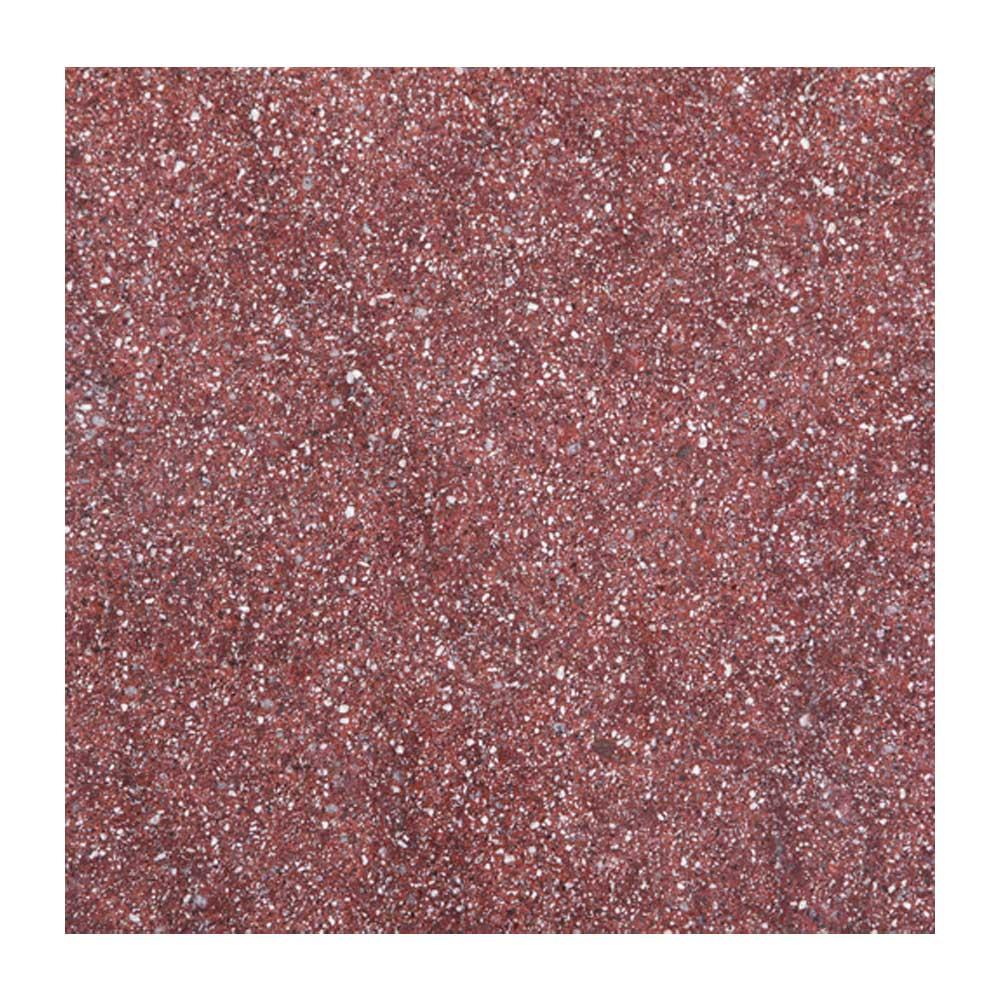
4. Ceramic Tiles
Iran is one of the largest producers of ceramic tiles globally, with an annual production capacity exceeding 600 million square meters. The country produces a wide range of ceramic products, including floor and wall tiles, mosaics, and decorative tiles. Iranian tiles are particularly popular due to their intricate designs, durability, and range of colors. These tiles are exported to markets across Europe, the Middle East, Asia, and North America, contributing significantly to the country’s export economy.
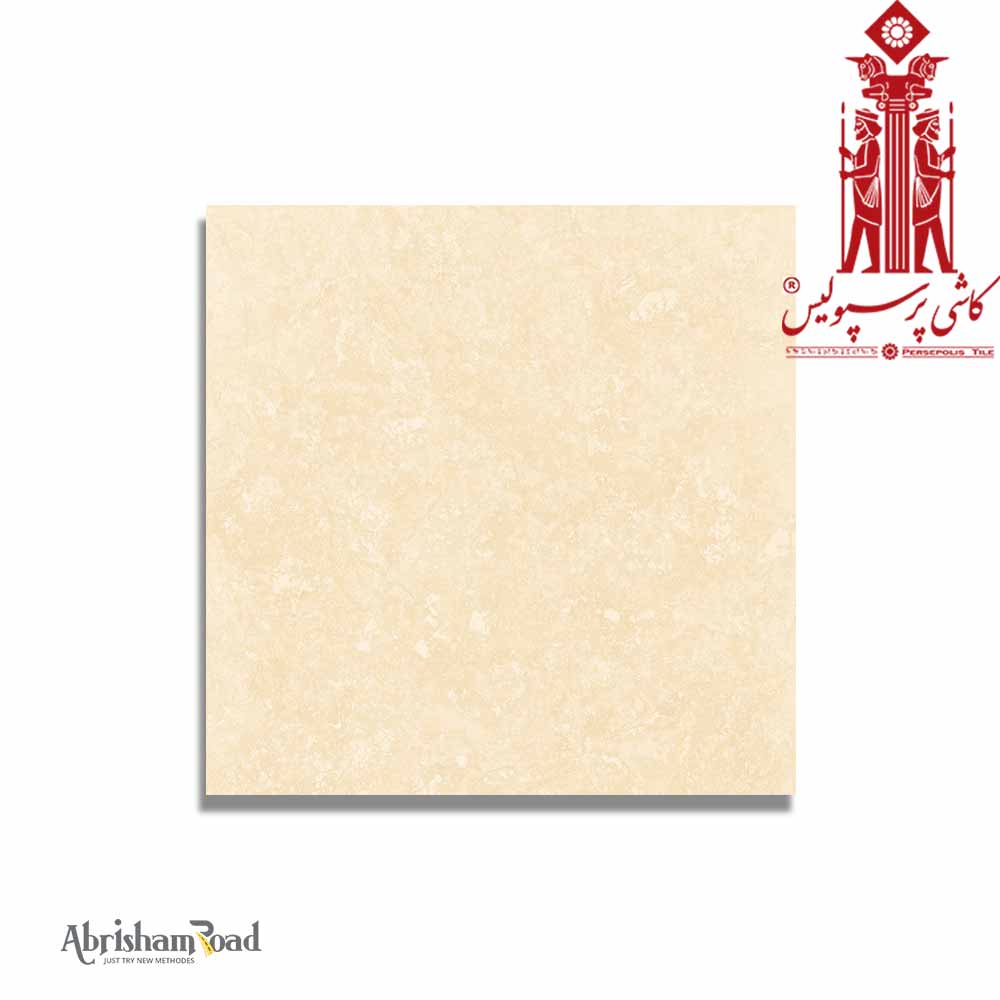
Export Markets for Iranian Natural Stones
Iran’s natural stones have gained considerable traction in international markets due to their unique qualities, competitive prices, and diverse range of products. Iran exports natural stones to many countries around the world, including those in the Middle East, Asia, Europe, North America, and Africa.
1. Middle Eastern Countries
The Middle East is one of the most important regions for Iranian stone exports. Countries like the United Arab Emirates (UAE), Saudi Arabia, Qatar, and Iraq are major consumers of Iranian natural stones, primarily due to large-scale infrastructure and construction projects in these regions. The UAE, in particular, has become a central hub for re-exporting Iranian stones to other countries in the Middle East and beyond.
Iran’s stones, especially travertine and marble, are highly sought after in the construction of high-rise buildings, shopping malls, hotels, and government buildings. These countries rely on Iranian stones not only for their aesthetic appeal but also for their durability and relatively lower costs compared to other international suppliers.
2. Asian Countries
Iran’s stone exports to Asia are also significant. China, India, and Turkey are some of the largest markets for Iranian natural stones. China, being the world’s largest importer of stones, plays a crucial role in Iran’s stone export strategy. It imports millions of tons of Iranian travertine, marble, and granite each year for its vast construction projects, especially in the real estate and urban development sectors.
India, with its rapidly growing infrastructure and real estate markets, is also a key destination for Iranian stones. Additionally, Turkey, a neighboring country, imports a variety of Iranian stones for both domestic use and re-export purposes.
3. European Countries
European countries, particularly Italy and Germany, are significant markets for Iranian stones. Italy, known for its marble industry, imports Iranian travertine and onyx, which are highly valued for their color variations and beauty. Germany, a hub for high-end architectural projects, also imports Iranian stones, especially for use in luxury homes and office buildings.
4. United States and Canada
The United States and Canada are key markets for Iranian natural stones, especially granite and marble. Iranian stones are used in a wide range of projects, from residential homes to commercial buildings and public infrastructure. Despite the challenges posed by sanctions, Iranian stones continue to find their way into these markets due to their high quality and competitive prices.
5. African Markets
Several African countries are emerging as new markets for Iranian stones, particularly those in North and Sub-Saharan Africa. These regions are experiencing a boom in infrastructure development, and Iranian natural stones are increasingly in demand for use in construction and decorative projects.
Opportunities and Challenges in Exporting Iranian Stones
Opportunities
1. Growing Global Demand for Luxury Stones
As the global demand for luxury construction and interior decoration increases, there is a significant opportunity for Iranian stone producers to meet this demand. Stones such as onyx, marble, and travertine are highly sought after for high-end residential and commercial projects, creating ample opportunities for export growth.
2. Emerging Markets
Developing countries in Asia, Africa, and the Middle East have large-scale infrastructure projects underway, which significantly increases the demand for building materials. This is a major opportunity for Iranian natural stone exporters to expand their market reach.
3. Competitive Pricing
Iranian stones are priced competitively compared to other global suppliers, which gives Iran a competitive edge in the international market. The cost-effectiveness of Iranian stones makes them an attractive option for countries looking for high-quality products at lower prices.
4. Increasing International Recognition
As more international projects use Iranian stones, the recognition of Iran’s natural stone industry is increasing. This offers further opportunities for exports and establishing Iran as a leading global supplier of natural stones.
Challenges
1. Sanctions
International sanctions have posed a challenge to Iranian exports, including natural stones. These sanctions limit access to certain markets and hinder financial transactions. Despite these challenges, Iranian exporters continue to find ways to navigate these barriers.
2. Global Competition
Countries such as Turkey, India, and China are also major producers and exporters of natural stones. The intense competition in the global market can impact Iran’s market share, especially in countries where these other suppliers have established strong relationships.
3. Logistics and Transportation Costs
High transportation costs can reduce the profitability of exports. Stones are heavy and bulky, making shipping expenses a significant factor in pricing. Additionally, international transportation challenges can affect delivery times and customer satisfaction.
Why the Global Abrisham Road Platform is the Best Option for Accessing Iranian Natural Stones
In this competitive and complex landscape, the Global Abrisham Road platform offers a seamless and efficient gateway for accessing Iranian natural stones. This platform is designed to connect international buyers with trusted Iranian suppliers, providing easy access to high-quality products and comprehensive services.
1. Easy Access to a Wide Range of Products
The Global Abrisham Road platform offers an extensive catalog of Iranian natural stones, from travertine and marble to onyx, granite, and ceramic tiles. Buyers can explore various products, compare prices, and choose the best options for their needs, all through a user-friendly interface.
2. Reliable Quality Assurance
The platform ensures that all Iranian stones meet international quality standards. By offering detailed product specifications and certification, the Global Abrisham Road platform guarantees that buyers receive high-quality materials suitable for their projects.
3. Cost-Effective and Timely Delivery
One of the key benefits of the Global Abrisham Road platform is its efficient logistics network. The platform partners with trusted shipping companies to offer cost-effective and timely delivery, ensuring that international buyers receive their orders promptly and within budget.
4. Business Expansion Opportunities
For businesses looking to establish long-term partnerships, the Global Abrisham Road platform provides a unique opportunity to connect with reputable Iranian stone producers. This platform fosters long-term trade relationships and business growth through its secure and professional environment.
5. Expert Support and Consultation
The Global Abrisham Road platform offers expert consultation and support to its users. Whether it’s choosing the right product, negotiating terms, or coordinating shipping logistics, the platform’s team is available to assist buyers every step of the way.
Conclusion
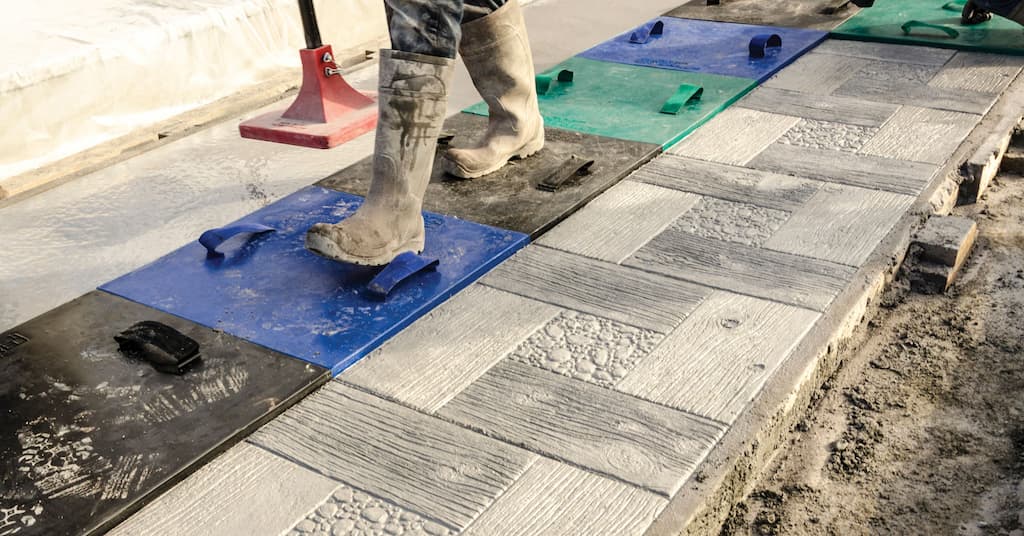
The export of Iranian natural stones represents a significant opportunity for the country to expand its global presence in the construction and interior decoration industries. With its high-quality stones, competitive prices, and diverse range of products, Iran is well-positioned to meet the growing demand for natural stones around the world. By addressing the challenges posed by sanctions, global competition, and transportation costs, Iran can strengthen its position as a leading exporter in the international stone market. With the support of platforms like Global Abrisham Road, international buyers can easily access the best Iranian natural stones for their projects, making it the ideal choice for

